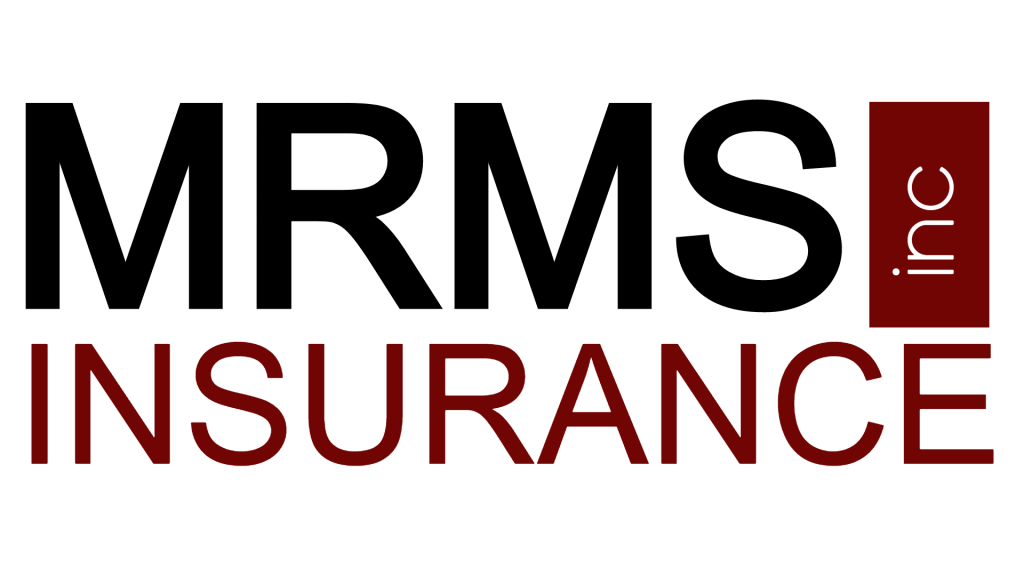2021 Insurance premiums: COVID-19 has turned our society upside down. Health insurance premiums are driven by expected claim costs, insurance company administrative fees and other related costs.
A recent Altarum analysis shows that, due to the cancellation of elective procedures and low patient volume, tanking healthcare usage has contributed to a 24.3% decline in spending over a 12-month span, Further, national health spending is at its lowest point since July 2013; in just two months, the country has gone from a seasonally adjusted annual rate of $3.98 trillion to $2.88 trillion.
Insurance companies use actuaries to establish premium rates and they do not like uncertainty. The American Academy of Actuaries recently issued a brief that outlines some of the main drivers of premium changes for the coming plan year.
Here are four things to know from the brief:
1. While insurers faced increased health spending to cover the cost of diagnosing and treating COVID-19, those costs were “more than offset” by a lack of elective services and non-COVID-19 health services. The actuaries said it is unclear how this trend will continue through 2020.
2. Another driver of premium changes will be subsequent waves of COVID-19. The actuaries said insurers are likely to run multiple scenarios that look at different assumptions on when a new COVID-19 wave is likely when developing 2021 rates.
3. Whether or not services unrelated to COVID-19 will continue to be eliminated or deferred next year, or whether treatment postponed in 2020 is provided next year, will be a significant driver of potential premium changes.
4. Insurers will be looking at shifts in insurance coverage and changes the risk pool composition due to the economic effects of COVID-19. Other potential drivers in premium changes include COVID-19 testing and treatment costs, new treatments and vaccines, more mental health and substance treatment claims, greater telehealth use and changes to reimbursement rates.
So, what do we know? Only that it is going to be a year of uncertainty and a possible big fluctuation in insurance premiums depending how each company projects future expenses.
Delays before a procedure. Many procedures require Medicare or the insurance company’s approval before a procedure will be covered by the insurer. For example, a Medicare Advantage Plan requests must be responded to within 14 days (72 hours if expedited). In some cases this process could take up to 30 days. Once the information is reviewed the insurer will either grant the prior authorization or not. We sometimes notice this delay and the emotional response it may cause as surgery may be pushed off several weeks, possibly longer, due to a prior approval request.
Emergency Care: Some people have delayed or not called 911 or sought treatment at an Emergency Department due to COVID. If you have symptoms where you would normally go to the ED or call 911, you should do so. Do not delay where your condition could worsen.
This will be a good Fall to look at your Medicare and health insurance options. We expect some changes in Medicare Advantage Plans to provide additional services due to COVID. Remember, the Medicare AEP is 10/15 – 12/7. The enrollment period for health insurance is 11/1 – 12/15. Feel free to contact our office for further information on any of the aforementioned information.
Steven A. Buttice is the president and founder of Medical Reimbursement & Management Services, Inc., a firm specializing in issues affecting seniors, including seminars and consultation on Medicare Plans, Long Term Care, Health Insurance products and other types of insurance, claims issues, and sales/service of insurance products since 1984. Offices are at 809 W. Detweiller Dr., Peoria, IL 61615. Tel: 693-1060 website www.MRMS-INC.com.




















